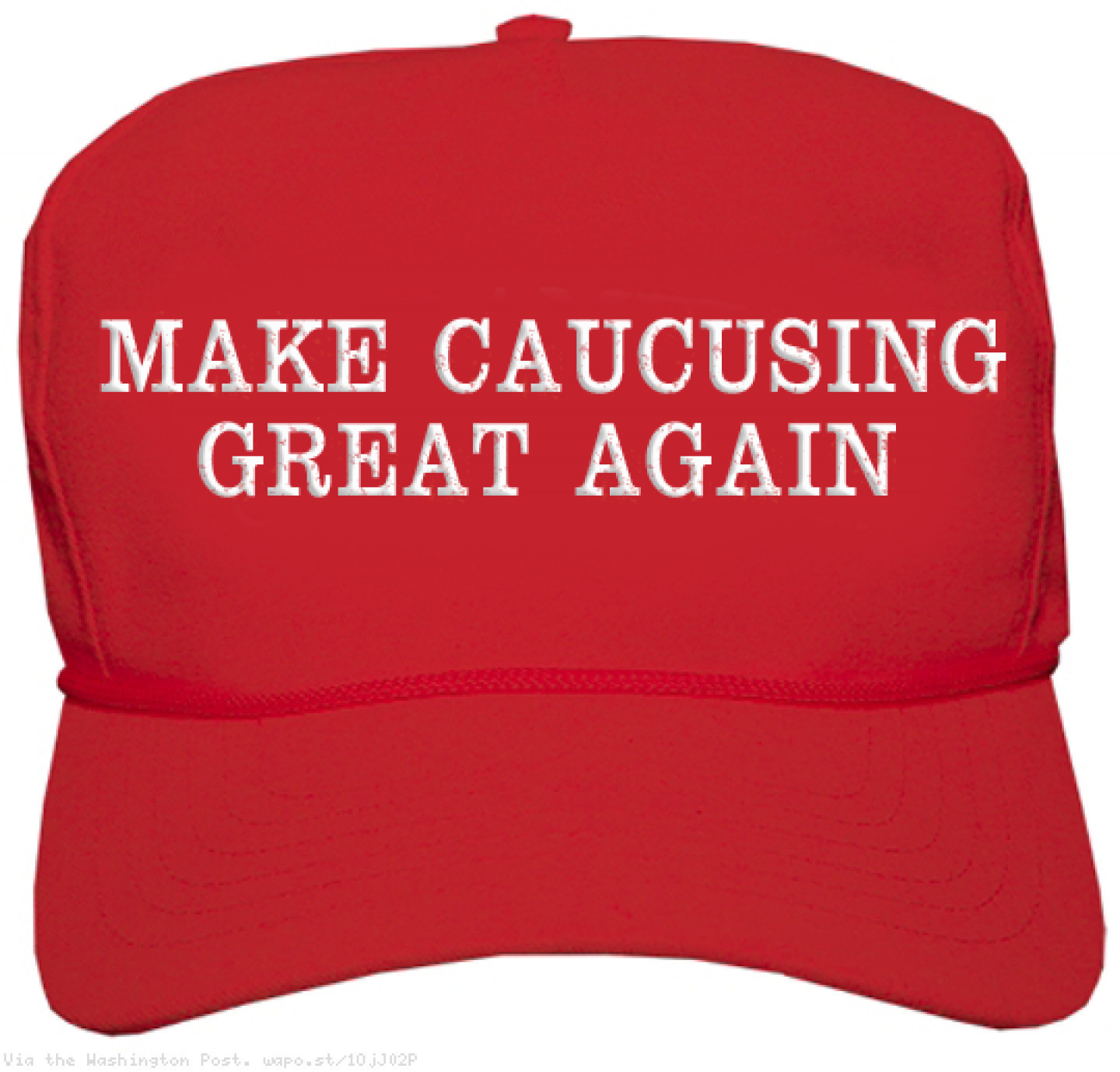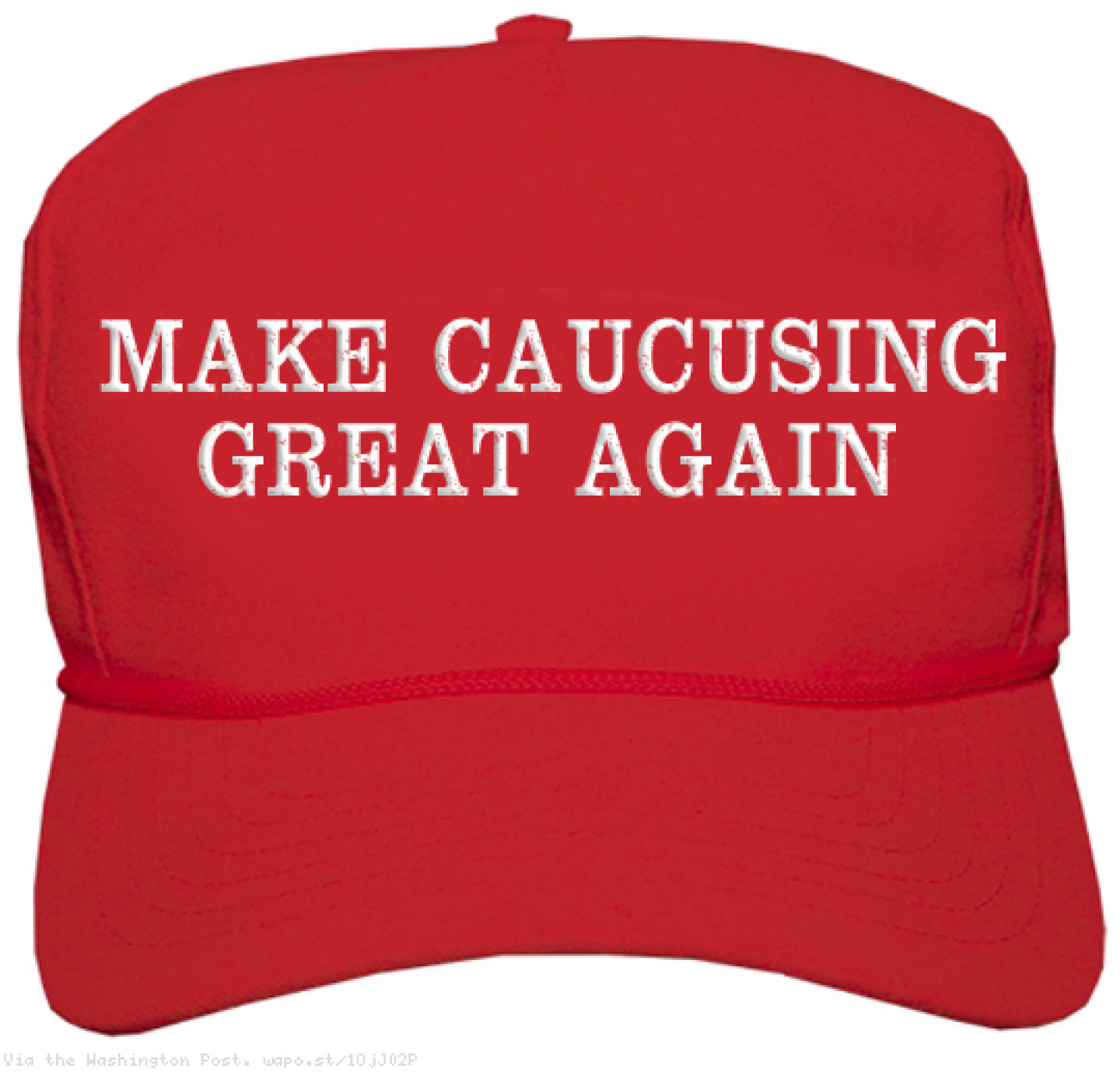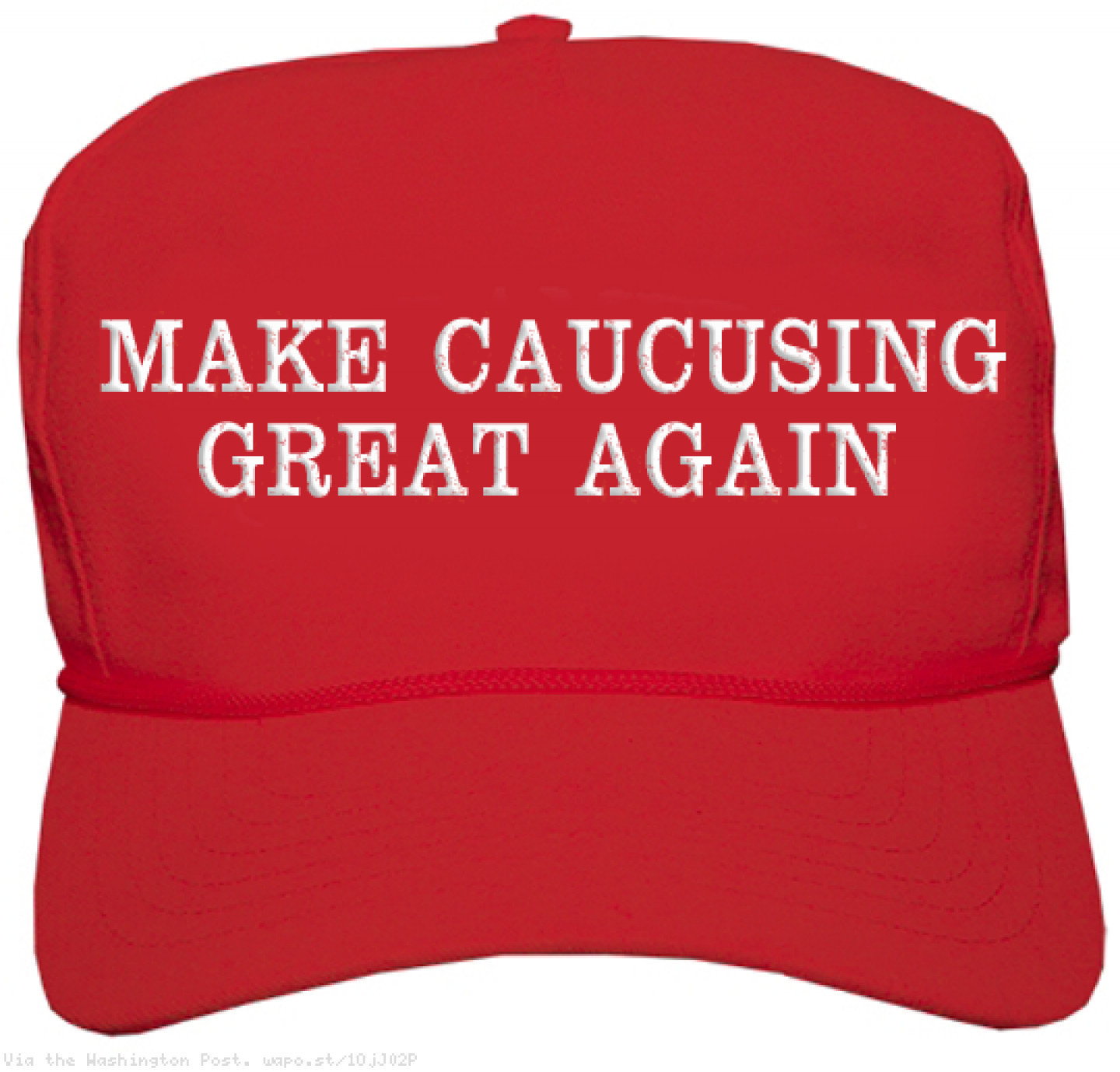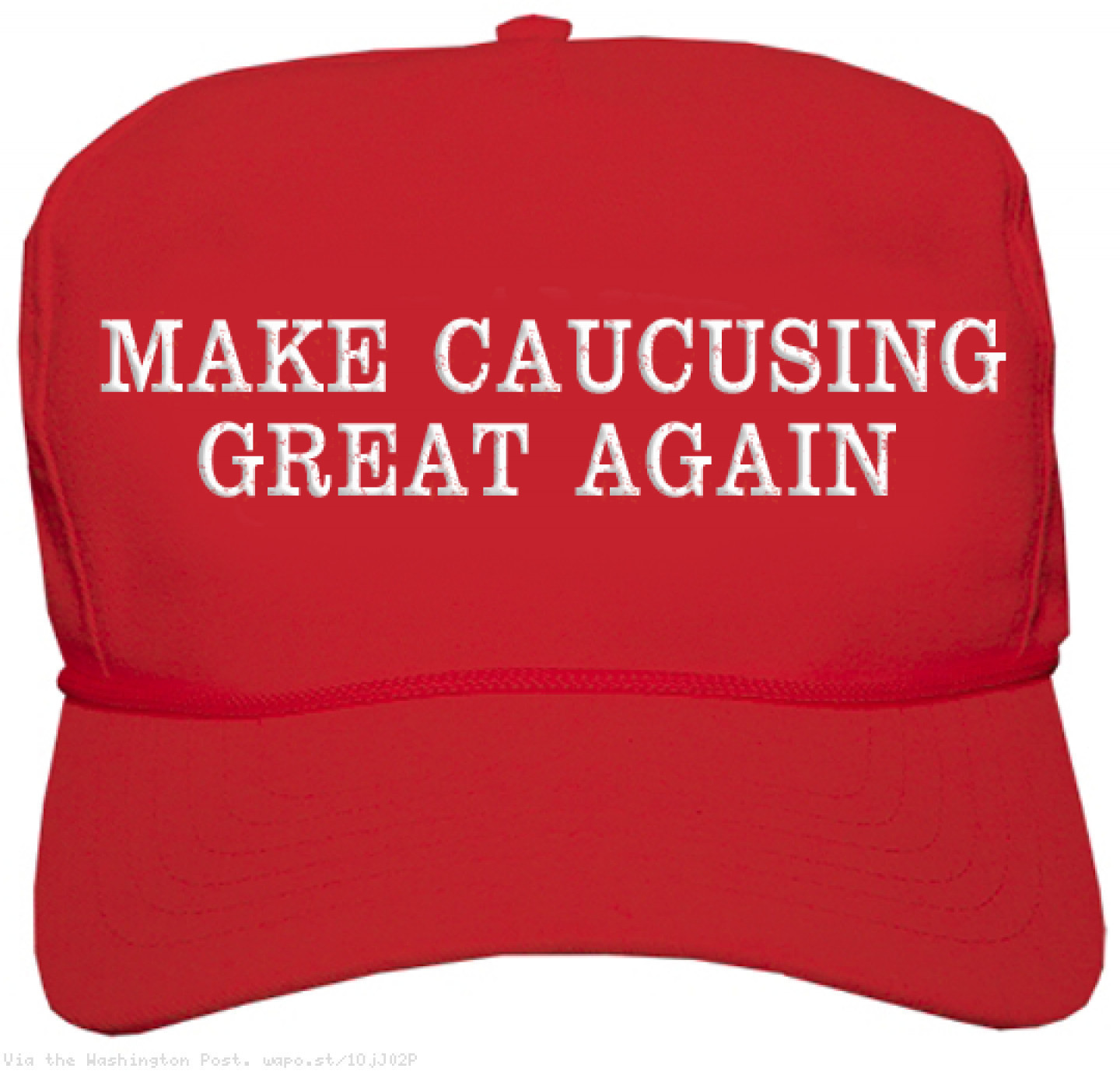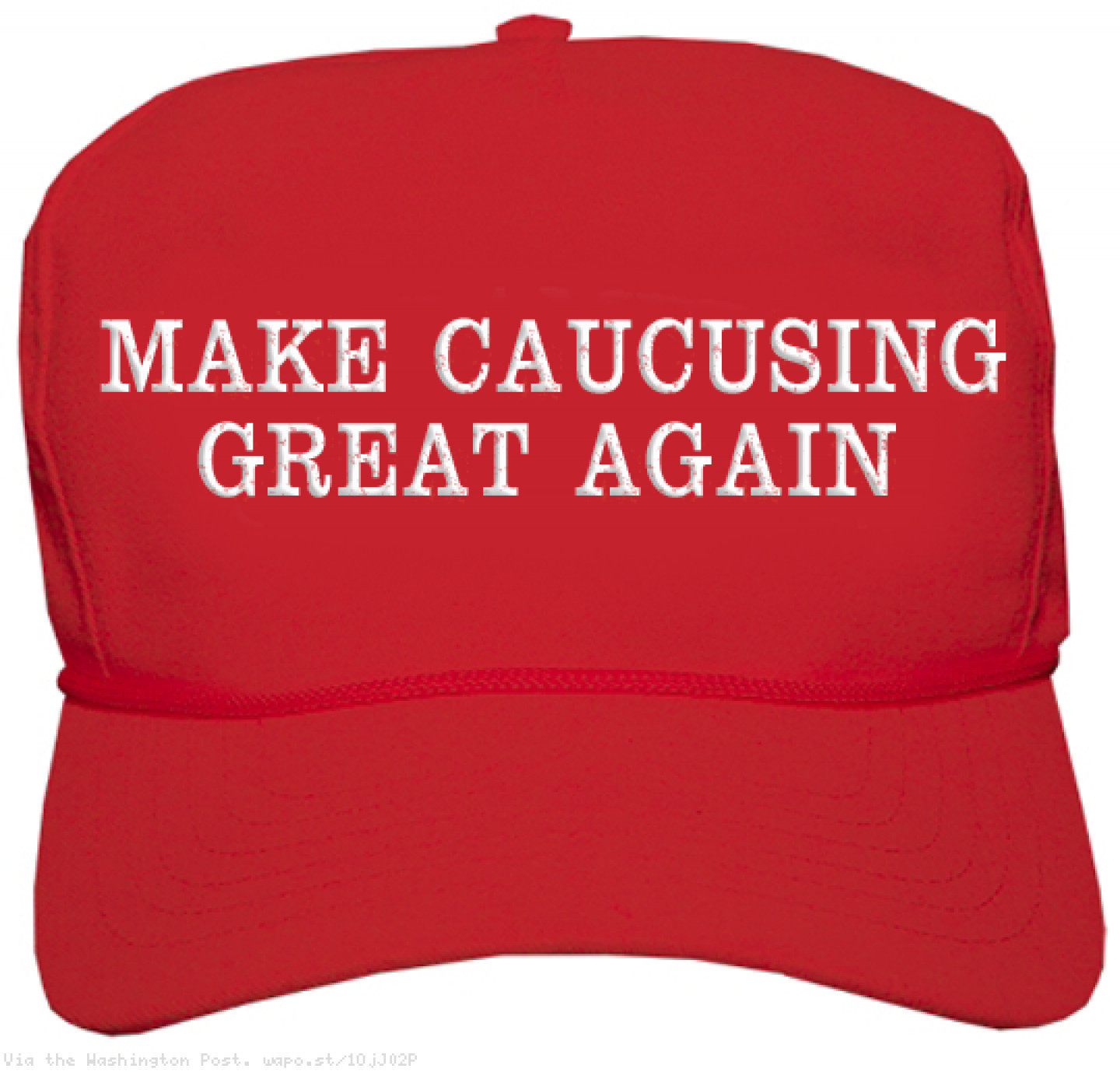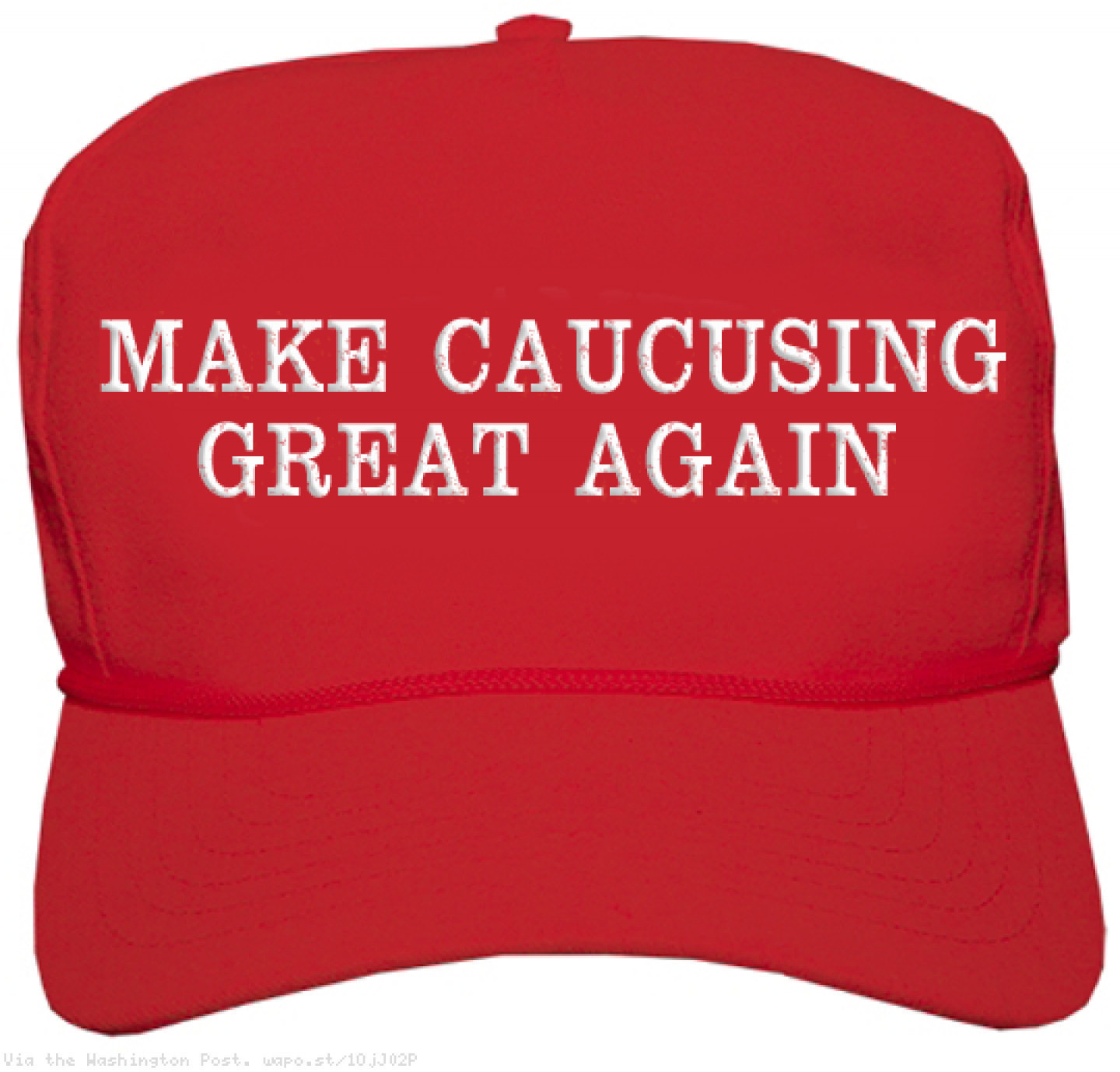A couple of weeks ago, we all lost one of the great musicians of American history 1)and a personal hero of mine. Although his greatness and legacy cannot be tarnished, there has been an unfortunate development with reference to the distribution of his estate. 2)This is not a discussion of the specifics of that case, but a general discussion of the law. Beneficiaries of his estate have stated publicly that other potential beneficiaries murdered the deceased whose estate is now in question. Although I have no personal knowledge of the circumstances, this may be an opportune time to discuss, hypothetically, what happens if a beneficiary of an estate murders the grantor (the original owner of the estate assets).
The slayer rule
The law regarding the hypothetical above goes back a long way. In 1886, the U.S. Supreme Court first established what is called the “Slayer Rule.” 3)Mutual Life v. Armstrong 117 U.S. 591, 600. In 19th century language, the court stated that is against the interests of public policy for a murderer to profit from his crime. The law caught on in popularity; as of now, forty-eight states have some version of a slayer rule.
In Nevada, Chapter 41B of the Nevada Revised Statutes codifies the principles of the ‘Slayer Rule’4)See Holliday v. McMullen, 104 Nev. 294, 296, 756 P.2d 1179, 1179 (1988) for a common law example of Nevada’s slayer rule; it states in pertinent part:
NRS 41B.200 General rule; killer cannot profit or benefit from wrong; anti-lapse statute and right of representation; contingent, residuary and other beneficiaries; common law.
1. Notwithstanding any other provision of law, the provisions of this chapter apply to any appointment, nomination, power, right, property, interest or benefit that accrues or devolves to a killer of a decedent based upon the death of the decedent. If any such appointment, nomination, power, right, property, interest or benefit is not expressly covered by the provisions of this chapter, it must be treated in accordance with the principle that a killer cannot profit or benefit from his or her wrong.
Simple enough, the law states that the “killer cannot profit or benefit” from the crime. But does the murderer need to be convicted of the crime before above statute applies? Not necessarily.
The plot thickens with respect to the slayer rule
Am I claiming then that if a beneficiary is accused of murder then he or she will lose interest in the estate? No. The answer is a bit more nuanced. Later in Chapter 41B, there is clarification on this point:
NRS 41B.260 Civil action: Parties; burden of proof; evidence; stay of proceedings; limitation on time for commencement.
1. For the purposes of this chapter, an interested person may bring a civil action alleging that a person was a culpable actor in the felonious and intentional killing of a decedent. An interested person may bring such a civil action whether or not any person who is alleged to be a killer in the civil action or any other person is or has been, in a separate criminal action, charged with or convicted or acquitted of being:
(a) A culpable actor in the felonious and intentional killing of the decedent; or
(b) A culpable actor in any other offense arising out of the facts surrounding the killing of the decedent.
2. If an interested person brings a civil action pursuant to this section, the court shall determine, by a preponderance of the evidence, whether a person who is alleged to be a killer of the decedent was a culpable actor in the felonious and intentional killing of the decedent. If the court finds by a preponderance of the evidence that a person who is alleged to be a killer of the decedent was a culpable actor in the felonious and intentional killing of the decedent:
(a) The finding of the court conclusively establishes for the purposes of this chapter that the person feloniously and intentionally killed the decedent; and
(b) The person shall be deemed to be a killer of the decedent.
3. If, in a separate criminal action, a person is charged with being a culpable actor in the felonious and intentional killing of a decedent or with any other offense arising out of the facts surrounding the killing of the decedent and:
(a) The person is acquitted of the charge;
(b) The charge is dismissed; or
(c) A verdict or judgment is not reached or entered on the charge for any reason, evidence concerning any such matter is not admissible in a civil action brought pursuant to this section.
4. Upon its own motion or the motion of an interested person, the court may, in whole or in part, stay the proceedings in a civil action brought pursuant to this section during the pendency of any separate criminal action that has been brought against a person who is alleged to be a killer in the civil action. The provisions of this subsection do not limit the power of the court to stay the proceedings in the civil action for any other reason.
Subsection 1 states that a beneficiary may lose interest in the estate if he or she has been “charged with or convicted or acquitted” of murder of the estate’s grantor. Subsection 1(b) expands the possibilities further to include a “culpable actor…arising out of the facts surrounding the killing.” As you can see, charged with and acquitted, are standards far less strenuous than a conviction.
Subsection 2 establishes that a court shall use a “preponderance of the evidence” standard 5)meaning the event occurred more likely than not in determining if Chapter 41B shall be applied to exclude the murdering beneficiary from the will. If you are attempting to think of an example of when a murderer could be acquitted, but still found culpable by a preponderance of the evidence, think of a certain Heisman Trophy winner currently in a Nevada prison.
Subsection 4 allows the court to pause the proceedings if the judge cannot make a preponderance determination at present time to allow the criminal proceedings to continue, in hopes that more evidence may come to light.
These probate challenges are as sensitive as they are complicated. With a large enough estate, a 41B slayer rule challenge could contest a serious amount of money.
Footnotes
| ↑1 | and a personal hero of mine |
|---|---|
| ↑2 | This is not a discussion of the specifics of that case, but a general discussion of the law |
| ↑3 | Mutual Life v. Armstrong 117 U.S. 591, 600 |
| ↑4 | See Holliday v. McMullen, 104 Nev. 294, 296, 756 P.2d 1179, 1179 (1988) for a common law example of Nevada’s slayer rule |
| ↑5 | meaning the event occurred more likely than not |



